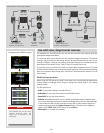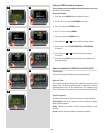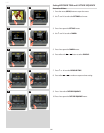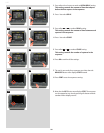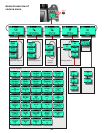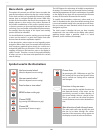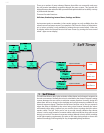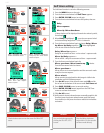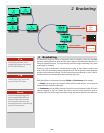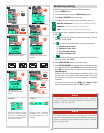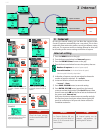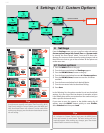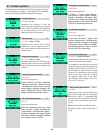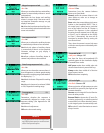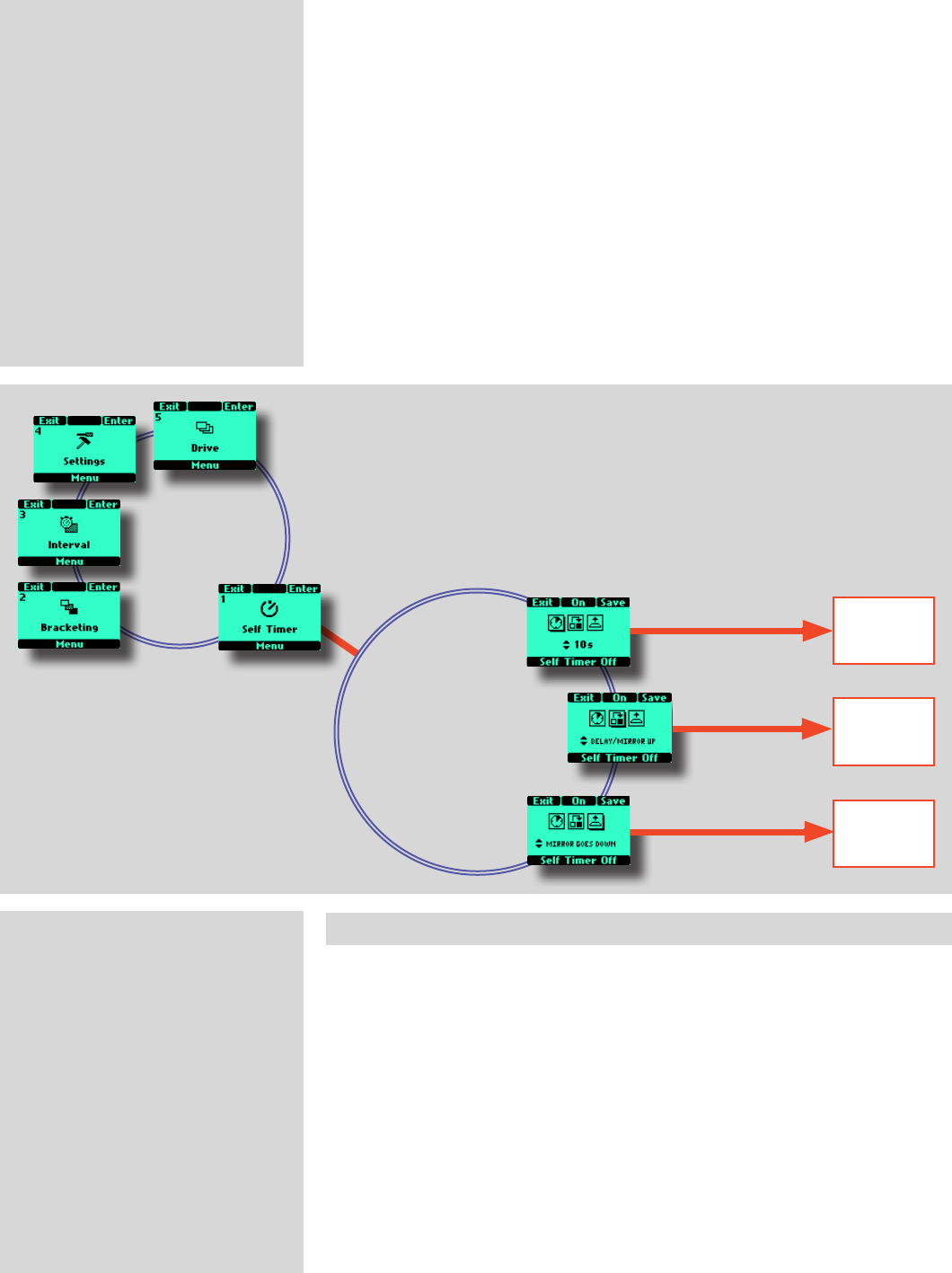
102
H4D
There are a number of more advanced features that while not necessarily used every
day still remain immediately accessible through the menu system. They provide the
integral nesses that make the H4D a powerful and sophisticated tool to satisfy a variety
of professional demands.
There are ve main functions:
Self timer, Bracketing, Interval timer, Settings and Drive.
An important point to remember is that certain options are only available when the
relevant screen has been accessed. For example, in Self Timer the choice of ‘delay/mirror
up’ or ‘mirror up/ delay’ is only available (by turning the rear control wheel - lower row
on display) when the relevant function has been chosen (by turning the front control
wheel - upper row on display)
1 Self timer
The self timer allows a delay in the activation of the shutter and a change in sequence of
the mirror movement. Normally the mirror is raised before the shutter is tripped creating
a pause between the two actions to minimize camera vibration. However, during this
pause there will be no image in the viewnder and no light metering available for any
eventual exposure change. Therefore the Self timer function can be set to a sequence
where the delay is followed by the mirror being raised instead. Normally the mirror
will instantly return after a capture but you can also choose a setting where the mirror
remains raised. The Self Timer can be set to provide virtually vibration-free shutter
release. It can be used instead of a remote release cable/cord/device when split-second
timing is not critical. The camera’s exposure settings (Manual or Auto) will be according
to the light metering requirements just prior to the mirror being raised so choose the
method accordingly with long delays in very changeable lighting conditions.
2 - 60 s
options available
options available
options available
1 Self Timer
DELAY / MIRROR UP
or
MIRROR UP / DELAY
MIRROR GOES DOWN
or
MIRROR REMAINS UP




